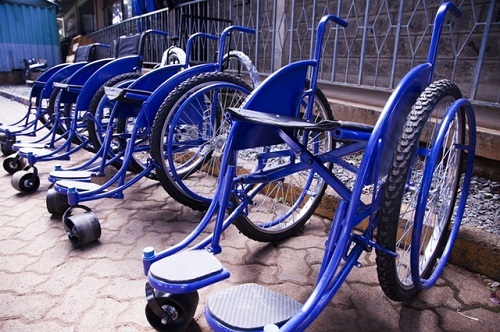
More individuals in our families, neighborhoods, and continuous care communities are experiencing memory problems, mild cognitive impairment, or perhaps even have a diagnosis of some form of dementia. So what is MCI? How do the different forms of dementia compare with one another? What should one expect as the diagnosis of dementia progresses?
Mild Cognitive Impairment (MCI) is defined as subtle memory difficulties reported by the individual or a loved one that affects some areas of cognition and one’s ability to complete tasks that they used to find easy. The diagnosis of MCI is confirmed by memory testing and is not the same as normal age-related memory loss. Memory problems related to MCI are typically greater than typical for the person’s age but they are able to “get along” without too much difficulty with everyday functioning. Although MCI can progress to a diagnosis of dementia, it can be a marker of other problems such as stress, depression, heart disease, nutritional deficiency or sleep problems. It is extremely important for a person to get a thorough evaluation by a physician to rule out and treat any of these problems.
Neuropsychological testing and a comprehensive evaluation from a neurologist are critical if one suspects their memory problems are worsening. Often misunderstood, dementia is simply a category of disease that includes many forms; Alzheimer’s disease, dementia with Lewy bodies, vascular dementia, Pick’s disease, and even dementia associated with Parkinson’s disease are forms of dementia. Progression of the various forms of dementia can present itself in declines in different cognitive functions. Generally speaking, as one’s memory declines, individuals may note difficulty with keeping appointments, utilizing the telephone, traveling alone, etc. Other activities of daily living impacted as the disease progresses includes finding belongings, using home appliances, maintaining hobbies etc. The progressive loss of independent function spans approximately +/-10 years although each person’s rate of decline is not exactly the same.
The thoughts of a diagnosis of dementia can be very concerning for many older adults. If you or a loved one is concerned about their memory compared to others their same age, participation in a memory screening on an annual basis might be a good option. If the results are within normal limits, it is a good baseline for an individual to compare with the following year. Banner Sun Health Research Institute provides memory screenings every other month for the community. Please call 602-230-CARE to schedule a brief screening appointment.
The Center for Healthy Aging’s Longevity Study: Learning from our Elders at the Banner Sun Health Research Institute provides memory screening results to participants’ physicians, upon request, when there is observation of memory decline over time. In addition to exploring aspects of healthy aging as one ages, yearly cognitive screening is a value added service for those participating in the study. For more information, please call Kathy O’Connor, Longevity Study Coordinator at 623-832-7662.
Ref: Sabbagh, Marwan, MD, The Alzheimer’s Answer, 2008, John Wiley and Sons: New Jersey.


Comments